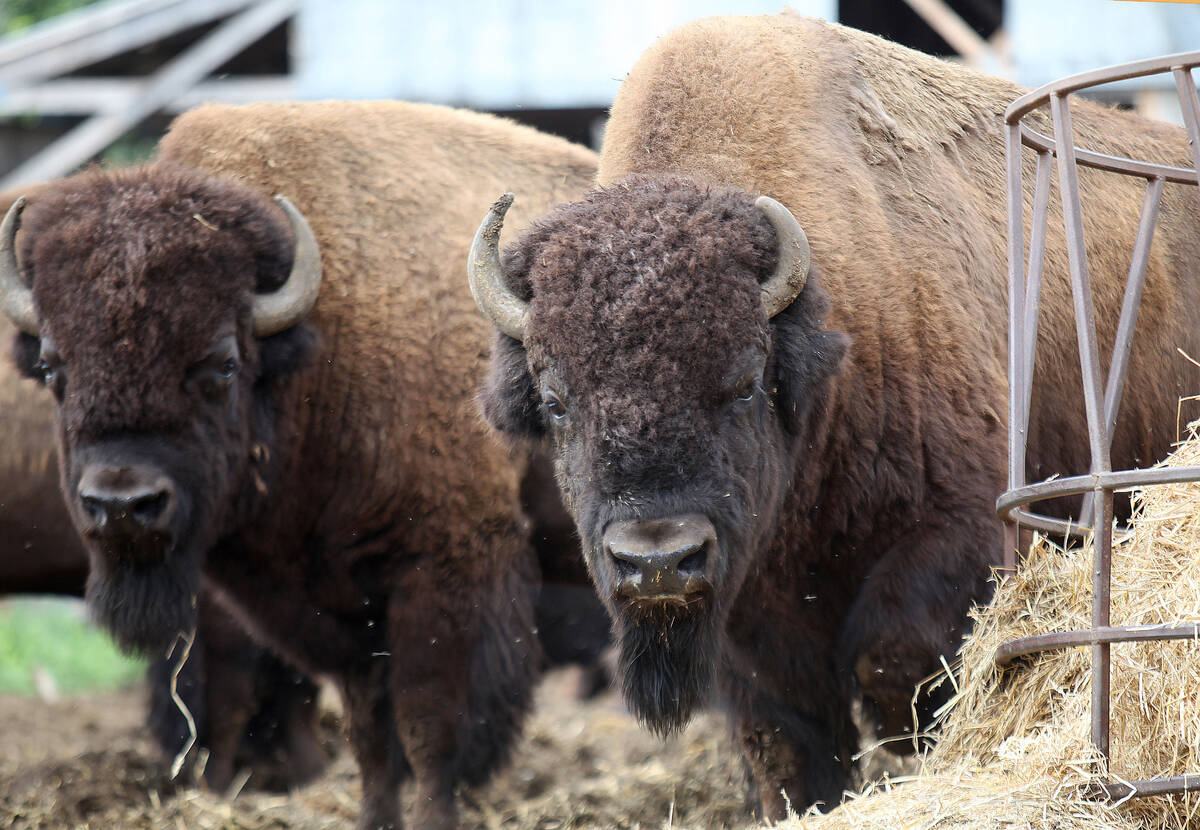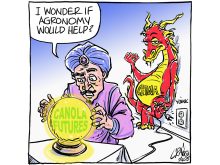It’s astonishing that genetic modification remains a market access issue in some parts of the world, 30 years after Canadian farmers began growing crops developed with the plant breeding technique.
One would think that three decades of no ill health effects from eating food made with GM crops would be considered long enough, but that’s the world in which we live.
Canadian growers must still worry about what they grow and to whom they sell it.
Read Also

Reconciliation and farming require co-operation to move ahead
Indigenous communities in North America were cultivating crops such as potatoes and corn long before anyone from Europe had heard of the crops.
No one wants another Triffid incident, in which an abandoned GM flax line somehow made its way into the commercial pipeline, devastating Canadian farmers’ access to foreign markets for years.
We’re told that GMO-wary consumers do seem to be more tolerant of crops that they don’t directly eat, such as canola, corn and even sugar beets.
Crops that undergo less processing, such as wheat and oats, seem to come under closer scrutiny.
This all means that while GM canola has become acceptable, even in parts of the world where GM-wariness persists, growers of crops such as wheat and oats must continue to remain on their guard.
It’s been thought that these GM-wary consumers may be less opposed to new gene-editing technologies, but even there, growers are showing some reluctance.
For example, Canada’s pulse industry is taking a go-slow approach when it comes to gene editing and may not release varieties using that breeding method until there’s more certainty around market risk.
“I don’t want to say cautious. That’s a negative connotation,” Greg Cherewyk, president of Pulse Canada, said last year.
“We have to be highly aware of how this landscape is evolving … and be on top of everything related to market acceptance.”
And remember, he’s talking about gene editing rather than genetic modification. Imagine how extra careful growers have to be with GMOs.
Complicating matters even further are situations where the Americans start working to approve GM crops in which they don’t have a major global market presence but Canada does.
There have been two cases like this recently.
One is the wheat trait genetically modified in Argentina to be drought tolerant and that the Americans have taken yet another step toward commercializing.
Canadian growers may feel under pressure to have similar access to this wheat, but the two countries are in very different places when it comes to global exports.
Canada is a major exporter of wheat, right up there with Russia and Australia, and deciding to grow a GM variety could be seen as a risky move, considering the antipathy held in some parts of the world toward genetic modification.
The Americans are no longer major players in the global wheat market so may not need to worry about it as much.
This could put Canada in a difficult position if the Americans ever decide to give the variety commercial approval, which they appear to be working toward.
Then there’s InVigor Gold, BASF’s new GM canola hybrid that is closely related to mustard.
The company is working to get approval of the drought-tolerant crop in the United States, but Canada’s condiment mustard industry, which sells into a GM-averse market, is terrified of the potential consequences.
Again, Canada is a major player in the global mustard trade, while not much of the crop is grown in the U.S.
Managing cases like this will require a great deal of finesse in the years ahead.
Karen Briere, Bruce Dyck, Robin Booker, Paul Yanko and Laura Rance collaborate in the writing of Western Producer editorials.

















